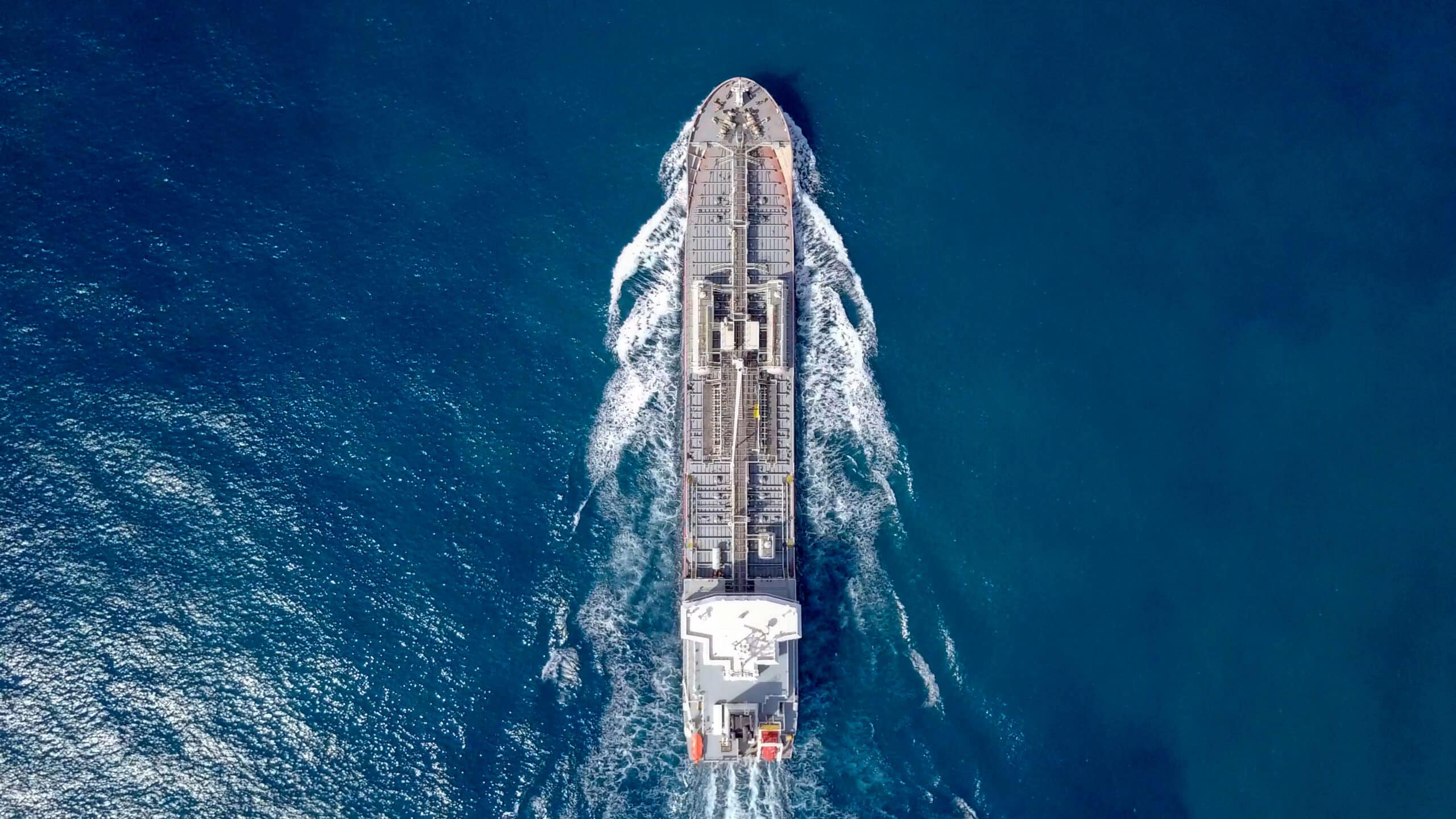Shipping Industry Reacts to Delayed Net Zero Framework

The recent decision by the Marine Environment Protection Committee (MEPC) to postpone the International Maritime Organization’s (IMO) Net Zero Framework by one year has stirred significant debate within the shipping sector. This delay raises concerns that regional legislation and Emission Trading Schemes (ETS) may emerge as alternatives to the anticipated global framework. The European Union’s ETS, initially viewed as a temporary measure, is now poised to take center stage as a model for other regions.
New EU Guidelines on Methane Reporting
On October 8, 2025, the European Commission unveiled its Guidelines for Reporting and Verification of Actual Methane Slip Factors. This marks a pivotal moment for shipowners, allowing them to substitute conservative default methane values with actual measured data, verified in line with IMO Resolution MEPC.402(83). Previously, the FuelEU default tables focused solely on carbon dioxide (CO₂) emissions, neglecting methane slip (CH₄) and nitrous oxide (N₂O) factors associated with various renewable fuels, including bio- and e-methanol, ammonia, hydrogen, and dual-fuel engines.
The absence of verified data for these fuels could lead to inaccuracies in greenhouse gas (GHG) intensity reporting, potentially exposing shipowners to higher emissions costs. Fortunately, the IMO MEPC.402(83) provides a framework for measuring both methane and nitrous oxide emissions onboard vessels. The new EU guidelines outline how to report verified CH₄ factors under FuelEU, with procedures for N₂O expected to follow shortly. Existing technology, such as VPS Emsys, can continuously measure and verify emissions of CH₄, CO₂, and N₂O, while automatically generating a Methane File ready for verification.
Carbon Capture, New Fuels and Energy Efficiency Are the Path to Net Zero Says Latest ABS Research
As the shipping industry prepares for the EU ETS 2026 cycle, which will include pricing and verification of all combustion-related GHGs, it is crucial for shipowners and operators to act swiftly. Currently, FuelEU lacks default methane or nitrous oxide factors for new fuels, making accurate GHG accounting essential to minimize ETS exposure. VPS EMSYS offers a comprehensive measurement framework that aligns with IMO 402(83) and is designed to accommodate future FuelEU verification requirements. The tools for accurate measurement are available now; the time to act is critical.
